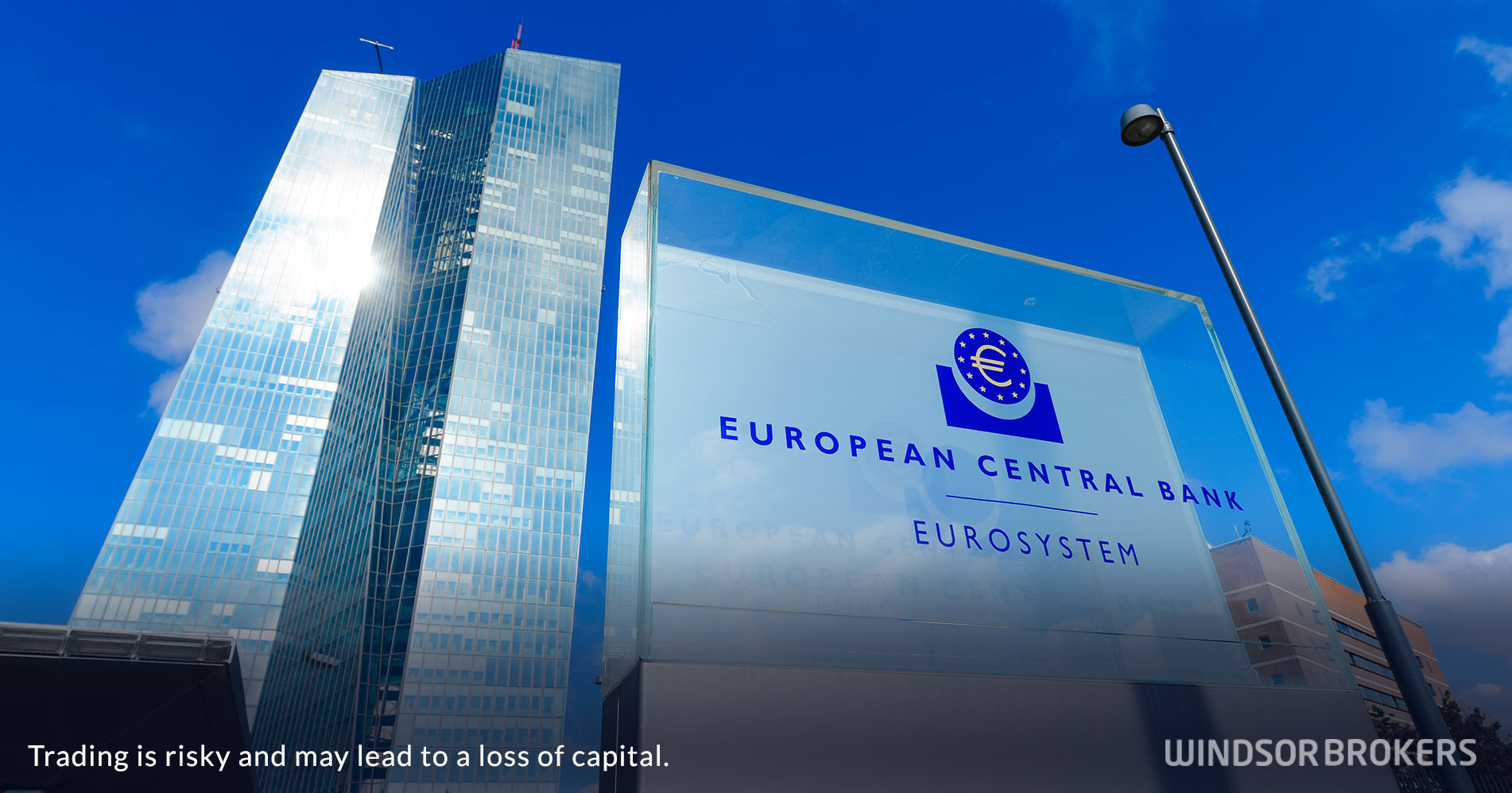European Central Bank trims its emergency bond purchases but says this is not tapering
‘The lady isn’t tapering’, ECB President Christine Lagarde said on today’s press conference following the central bank’s policy meeting.
There was no surprise from the ECB, although some analysts talked about possible shock from more aggressive ECB’s action in its September’s meeting.
The ECB, as widely expected, took a first small step towards relaxing its massive emergency aid – introduced to keep the economy alive during pandemic crisis – by deciding to reduce asset purchases from 80 billion euros per month to the range of 60-70 billion euros during the fourth quarter.
But President Lagarde stressed that today’s decision was just calibration of their asset purchases in order to maintain favorable financing conditions and that this is not tapering.
The ECB’s Governing Council agreed favorable financing conditions could be maintained with a moderately lower pace of asset purchases but remains cautious and ready to ramp up stimulus if financing conditions require it, as recovery prospects depend on the success of Europe’s vaccination program and also the pace of infection spreading across the world.
The ECB confirmed its positive view by upgrading growth forecast for this year to 5% from 4.6% target and continue to believe that wage pressures were modest and that supply shortages, especially in materials and equipment, would start to ease.
The European Central Bank sees inflation at 2.2% this year and expect it to fall to 1.7% in 2022 and 1.4% in 2023 that adds to policymaker’s view that current surge in consumer prices, which rose to the highest in nearly 10 years in August, is transitory.
It seems that the ECB has left the main decision – the exact end of emergency support, which is forced by improving economic conditions and falling unemployment – for their December’s meeting.


